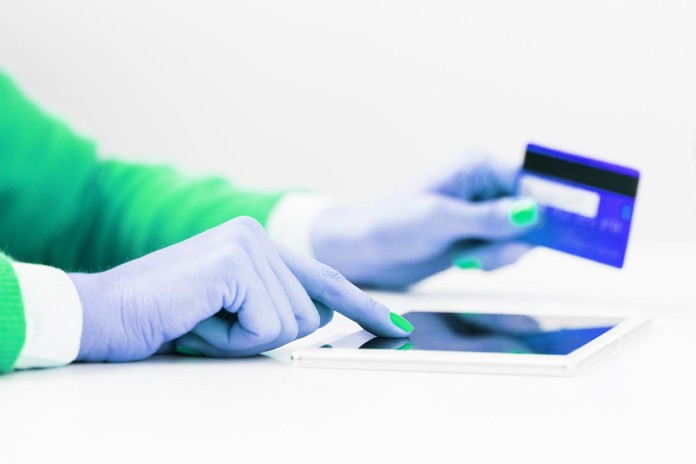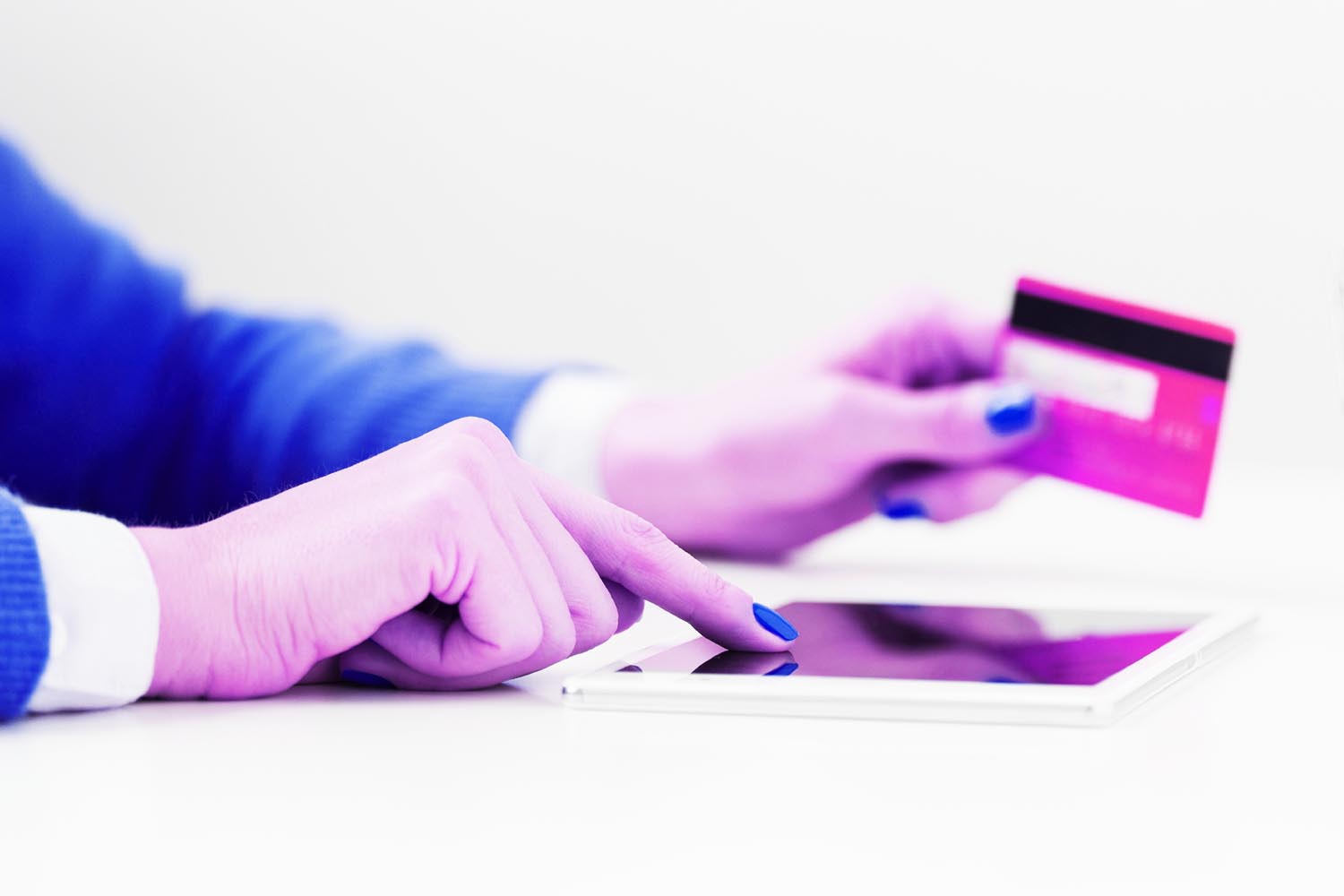
Apple is launching Apple Pay in China in February of 2016, and UnionPay has stepped up to the plate optimize smartphone-based transactions. They will be collaborating with Powa Technologies to upgrade online payments.

UnionPay Joins Hands with UK-based Powa Technologies
UnionPay Network Payments is a subsidiary of China UnionPay, which controls all debit and credit card payments processing in China. The smaller division signed a 10 year deal with Powa Technologies. Powa is a mobile commerce company based in London, England.
Powa Technologies have developed a Square-like dongle for payments. They later moved on to a romnichannel commerce strategy. This last strategy will likely be the heart of the agreement with UnionPay Network Payments as it promotes on-the-go shopping.
The Chinese Company Isn’t After Point-of-Sale Transactions
Unlike Apple, Tencent, Alibaba and Samsung (who is also rolling out Samsung Pay in China as of early next year), UnionPay is focusing on the online-to-offline market. Apple, Samsung, and other e-commerce platforms need partnerships with UnionPay since they control all card-based payment processing in the country. So UnionPay has no need to head face first into that market yet.
The shares are spread pretty evenly, too. UnionPay has 51% share and Powa gets 49%. For the kind of capital that UnionPay handles, it is a pretty amazing break.

They Will Have to bring in Point-of-Sale Transactions Down the Line
The first stage of the agreements makes it possible for consumers to make purchases by scanning codes in stores, online and on printed media. Eventually, UnionPay will have to bring in point-of-sale transactions in order to complete their schemes.
PowaTag Will Support More than 1,200 Global Brands
Powa Technologies will be developing PowaTag omnichannel that will support many worldwide brands, including L’Oreal and Carrefour. The system is based on QR codes, which is also used in WalMart Pay. They are looking to optimize QR code purchases for China. While the deal is not exclusive, it is the first integrated joint venture deal signed between UnionPay and a foreign company.

The Chinese company has 1.3 billion credit and debit card users. They are the world’s biggest merchant acquirer. They have about 6 million merchants in their platform. This makes Western firms like Mastercard and Visa pale in comparison.
The Service Will Debut at Guangdong Province
Guangdong Province has a population of 106 million, and the new UnionPay-Powa service will be rolling out to 100,000 of their merchants. The service will be working with third parties to extend services and make digital services easier and more widespread.
While American mature markets are slowing down in growth, China’s digital markets are skyrocketing. UnionPay is even one of the App Store’s payment options. This shows that Apple is trying to penetrate Chinese markets and that China is willing to work with foreign companies.
UnionPay Announces QuickPass for Mobile
The company’s contactless technology is now rolling out to mobile devices. The near-field-communication service used to work with physical cards, but smartphone users will now be able to keep a mobile wallet. UnionPay is working with 20 commercial Chineses banks to also implement host-card emulation services, trusted service manager services and Token technologies.
This Partnership Will Reach 50 Million Consumers Regularly
This collaboration is targeting to get 50 million regular consumers by combining PowaTag with the O2O products and POS systems that UnionPay handles. This target will hopefully be reached within one year of launch.
Online to Offline services are very popular in Asian commerce. China made about $47 billion with this system in the first half of 2015, which means that this partnership with Powa will generate anything between 3 and 5 billion per year after it launches. China is a very good contender to keep a very hard handle on the Asian market, and Apple will have to go through great lengths to catch up.
Read: China Electronics is taking Over Microsoft Windows 10
Read: China 2 Child Policy is Good for RenRen and Weibo, But Bad for Facebook
https://www.youtube.com/watch?v=58gAy85dwf0

















